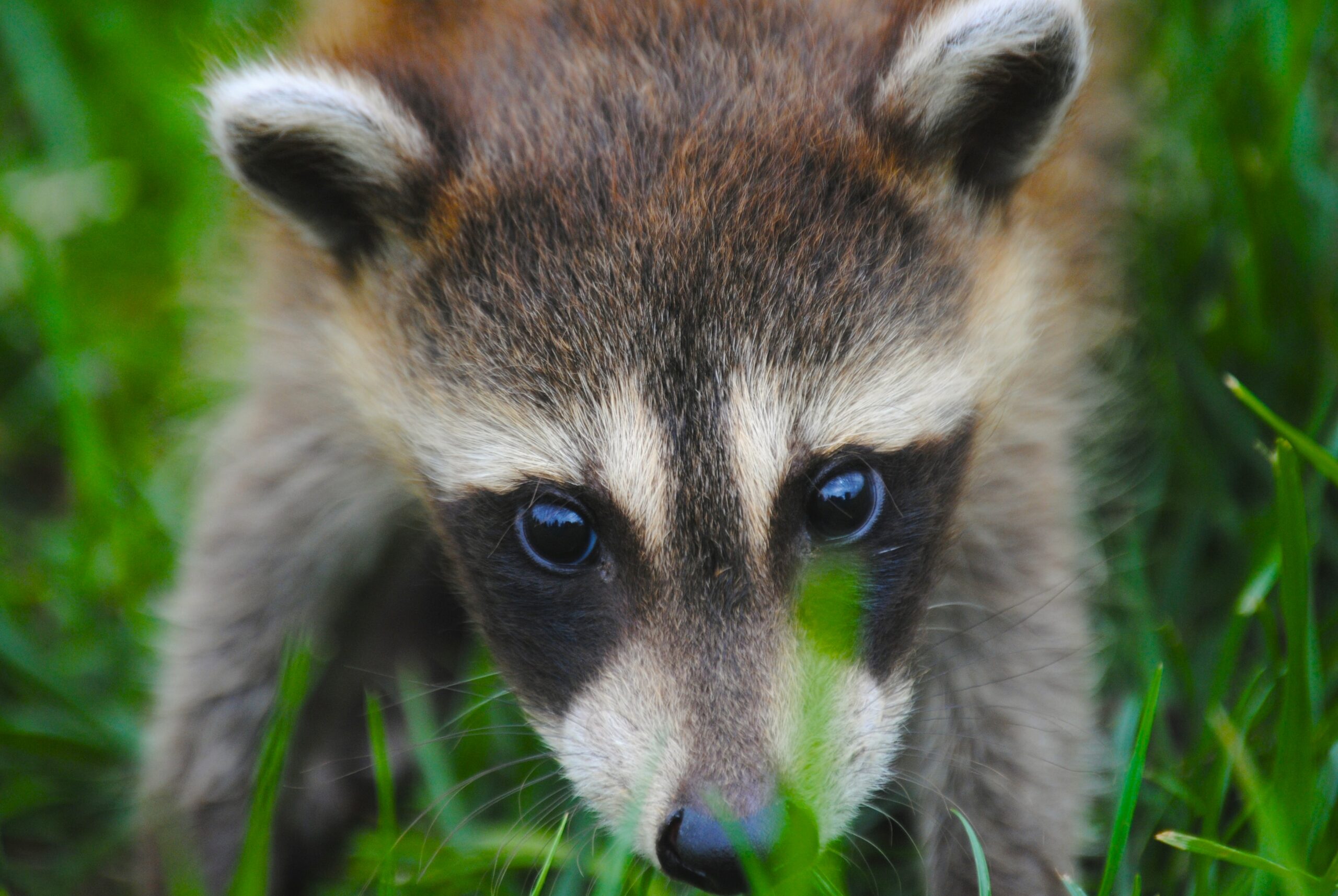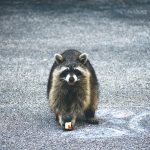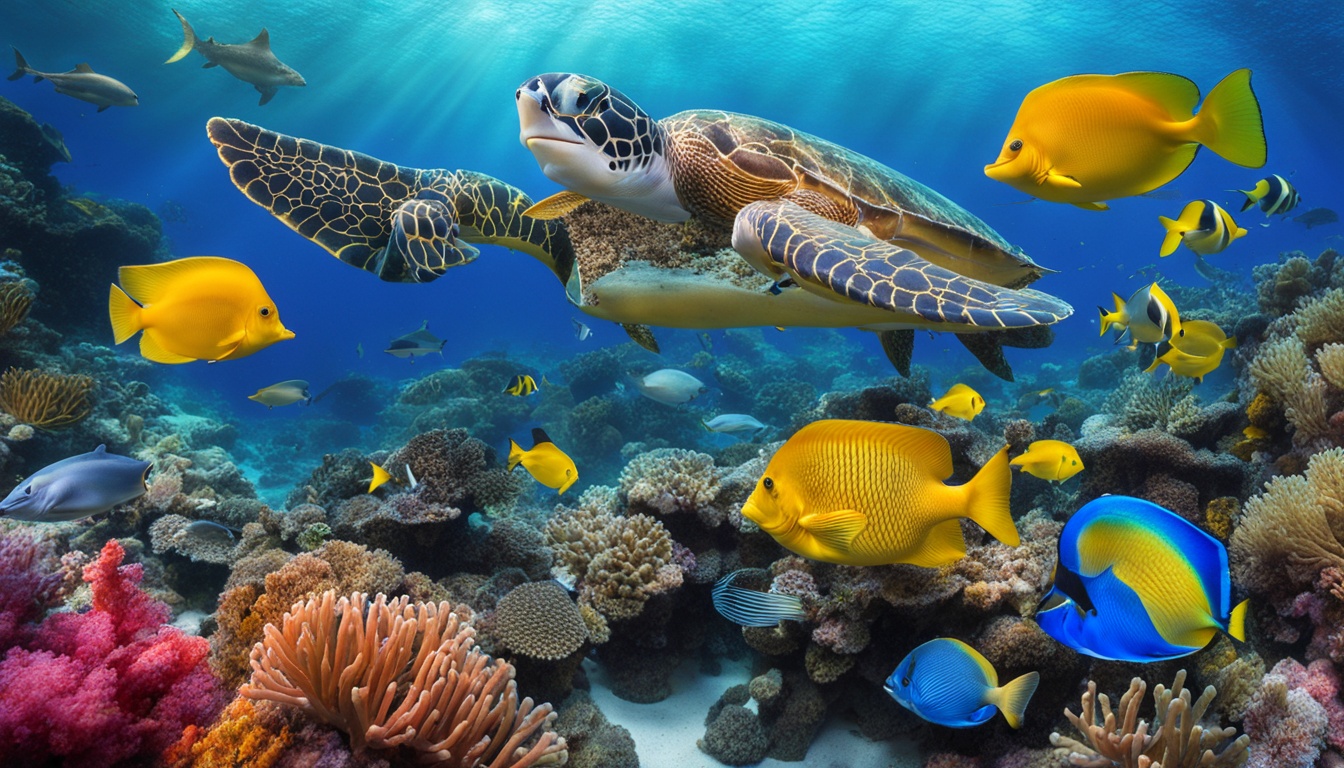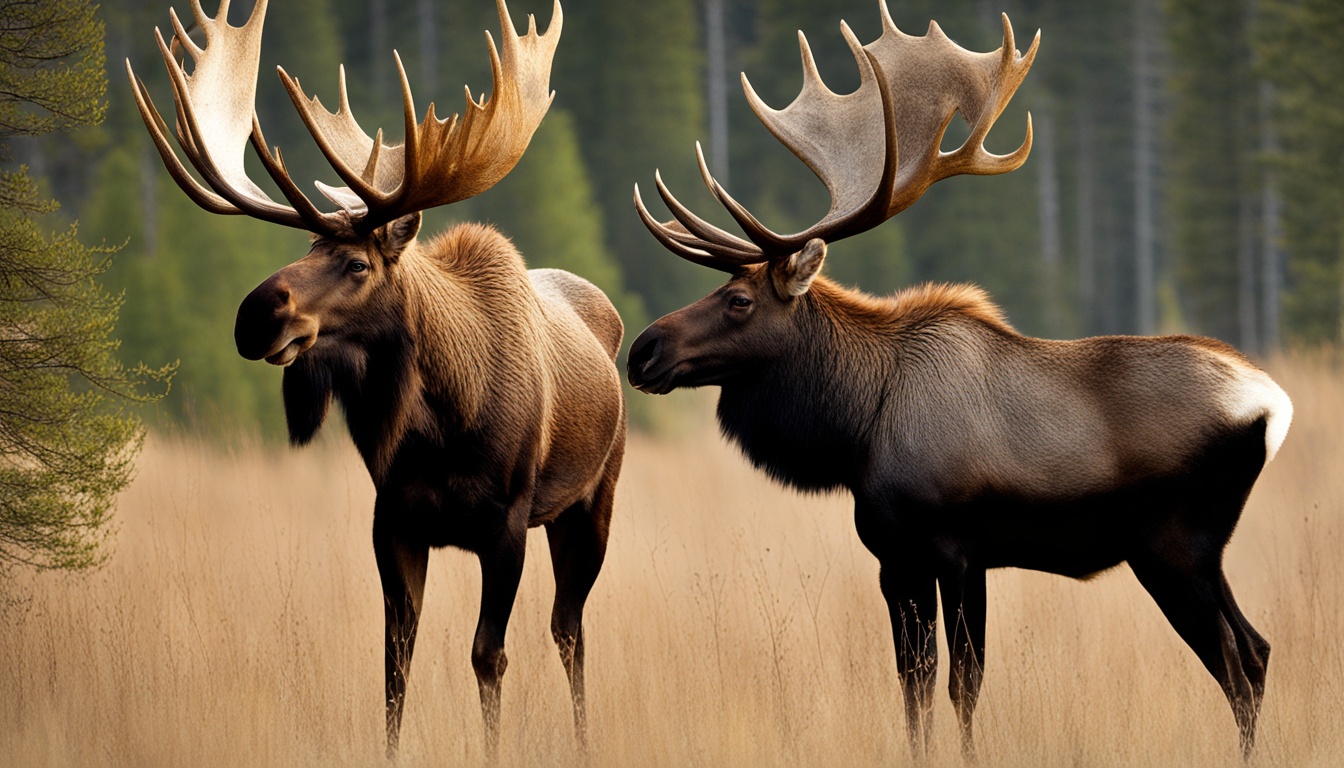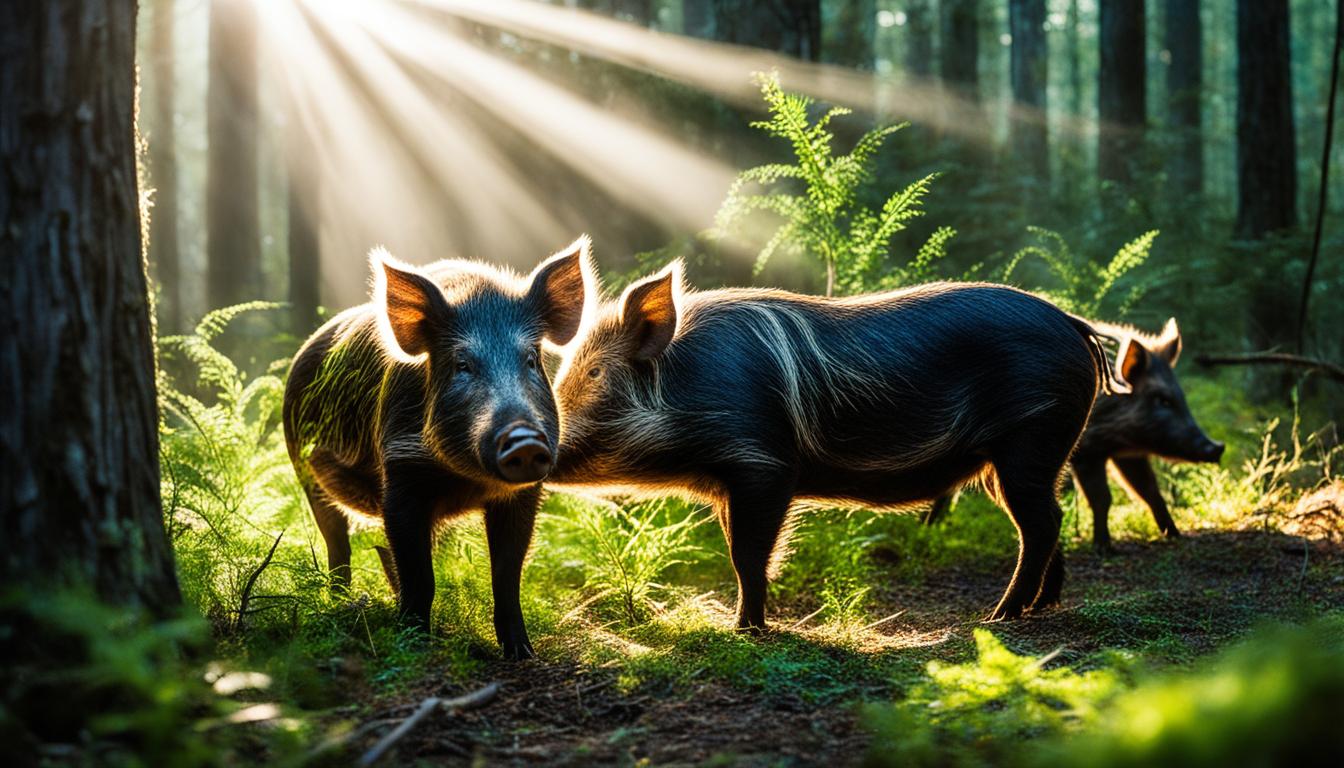Understanding Raccoons and Antifreeze
If you’re dealing with a raccoon problem, you may be wondering if antifreeze is a viable solution. Antifreeze is a toxic substance that can be harmful to both humans and animals, including raccoons. However, using antifreeze to kill raccoons is not only inhumane but also illegal in most areas.
Raccoons are omnivores and are known for their scavenging behavior. They are attracted to food, water, and shelter, and can often be found in residential areas. Raccoons are also known carriers of diseases such as rabies and leptospirosis, making them a potential health hazard.
Antifreeze is a liquid that is commonly used in automobiles to prevent the engine from freezing. It contains ethylene glycol, a toxic substance that can cause severe damage to the kidneys and liver if ingested. Antifreeze has a sweet taste, which can be attractive to raccoons and other animals.
If a raccoon ingests antifreeze, it can cause severe and often fatal damage to their organs. Symptoms of antifreeze poisoning in raccoons include lethargy, vomiting, diarrhea, seizures, and coma.
It’s important to note that using antifreeze to kill raccoons is not only illegal but also inhumane. There are many humane ways to deter raccoons from your property, such as securing your trash cans, removing potential sources of food and water, and sealing off entry points to your home.
In conclusion, while antifreeze may be an effective way to kill raccoons, it is not a humane or legal solution. There are many other ways to deter raccoons from your property that are both effective and humane.
The Lethal Effects of Antifreeze
If you’re dealing with raccoons on your property, you may be considering using antifreeze to kill them. However, it’s important to understand the lethal effects of antifreeze on raccoons before taking any action.
Antifreeze is highly toxic to raccoons and can cause extreme pain, seizures, brain damage, and kidney failure if ingested. This is due to the ethylene glycol content in antifreeze, which is a major component of many antifreeze products and is toxic to animals, including raccoons.
When a raccoon ingests antifreeze, it metabolizes into glycolate and oxalate, which cause extensive cellular damage in various tissues, especially the kidneys, but across many different organs. This damage can lead to kidney failure, which is often the cause of death in animals that have ingested antifreeze.
It’s important to note that using antifreeze to kill raccoons is not only cruel but also illegal in many areas. Additionally, using antifreeze to kill raccoons can also harm other animals that may come into contact with it, including pets and wildlife.
If you’re dealing with raccoons on your property, it’s important to use humane methods to remove them, such as live trapping and relocation. Using lethal methods, such as antifreeze or kill traps, can cause unnecessary harm to these animals and can also be dangerous for other animals in the area.
Alternatives to Using Antifreeze
Using antifreeze to kill raccoons is not only cruel but also illegal in many states. Fortunately, there are humane and effective alternatives to get rid of raccoons.
Relocate the Raccoons
One of the most humane ways to deal with raccoons is to relocate them. You can use a live trap to catch the raccoon and then release it in a nearby wooded area or park. However, it is important to note that some states have laws that prohibit the relocation of wildlife. Make sure to check with your local wildlife agency before attempting to relocate raccoons.
Raccoon Removal Services
If you are not comfortable dealing with raccoons on your own, you can hire a professional raccoon removal service. These services have the expertise and equipment to safely and humanely remove raccoons from your property. They can also provide advice on how to prevent raccoons from returning.
Animal Control
Your local animal control agency can also help you deal with raccoons. They can provide advice on how to prevent raccoons from entering your property and can also help you remove raccoons if necessary. However, keep in mind that animal control agencies may not have the resources to deal with raccoons in a timely manner.
Preventive Measures
Preventing raccoons from entering your property in the first place is the best way to avoid the need for drastic measures. Here are some tips to prevent raccoons from entering your property:
- Secure your garbage cans with tight-fitting lids.
- Do not leave pet food outside.
- Keep your yard free of fallen fruit and nuts.
- Seal any openings in your home’s foundation, roof, or walls.
- Install chimney caps and mesh screens on attic vents.
By taking these preventive measures, you can make your property less attractive to raccoons and avoid the need for more drastic measures.
The Dangers of Antifreeze to Other Animals
Antifreeze is a common household product that contains ethylene glycol, which is highly toxic to animals. The sweet taste of antifreeze attracts animals, and they may ingest it, causing severe health problems and even death. Here’s a rundown of some of the animals that are at risk of antifreeze poisoning:
-
Rats: Rats are attracted to antifreeze and may consume it if it is left out in the open. Antifreeze can cause kidney failure in rats, leading to death.
-
Skunks: Skunks are also at risk of antifreeze poisoning. They may consume antifreeze accidentally while searching for food, and it can cause severe health problems.
-
Cats: Cats are attracted to antifreeze because of its sweet taste. If they consume it, they may experience vomiting, seizures, and kidney failure.
-
Rodents: Rodents are attracted to antifreeze, and it can be used as a poison to control their population. However, it can also harm other animals that consume the poisoned rodents.
-
Possums: Possums may consume antifreeze accidentally while searching for food, and it can cause severe health problems.
-
Foxes and coyotes: These animals may also consume antifreeze accidentally while searching for food. Antifreeze can cause kidney failure in these animals, leading to death.
-
Neighborhood cats: Cats that roam outside may come into contact with antifreeze that has been spilled or left out in the open. It’s important to clean up any spills and store antifreeze in a secure location.
-
Opossums: These animals may also consume antifreeze accidentally while searching for food, and it can cause severe health problems.
In conclusion, it’s important to be aware of the dangers of antifreeze to other animals. Always store antifreeze in a secure location, clean up any spills immediately, and never use it as a poison to control animal populations. If you suspect that an animal has ingested antifreeze, seek veterinary care immediately.
Professional Raccoon Eradication Methods
If you have a raccoon infestation problem, it is best to leave it to the professionals. Hiring a professional raccoon exterminator or trapper is the safest and most humane way to get rid of raccoons. Here are some of the methods that professional pest control services use to eradicate raccoons:
Live Trapping
Live trapping is a popular method used by professional raccoon trappers. They use humane traps to catch the raccoons and then release them back into the wild. Live trapping is a safe and effective method that does not harm the raccoons.
Exclusion
Exclusion is a method used by professional exterminators to prevent raccoons from entering your property. They seal off any entry points that the raccoons may use to gain access to your home, such as gaps in the roof or walls. This method is effective in preventing raccoons from entering your property in the first place.
Repellents
Professional pest control services may also use repellents to deter raccoons from entering your property. These repellents can be in the form of sprays or electronic devices that emit high-pitched sounds that raccoons find unpleasant.
Fumigation
Fumigation is a method used by professional exterminators to eliminate raccoons from your property. This method involves using chemicals that are toxic to raccoons. However, this method is not recommended as it can be harmful to other animals and the environment.
In conclusion, if you have a raccoon infestation problem, it is best to leave it to the professionals. They have the expertise and experience to handle the problem safely and humanely.
The Ethical Debate Around Using Antifreeze
When it comes to raccoon control, using antifreeze to poison them is a controversial option. While it may seem like a quick and easy solution to get rid of these pesky animals, it is important to consider the ethical implications of using this method.
First and foremost, poisoning a raccoon with antifreeze is an inhumane way to die. Ethylene glycol, the main ingredient in antifreeze, is highly toxic and causes a slow and painful death. It can take anywhere from a few hours to a few days for a raccoon to succumb to the effects of antifreeze poisoning. During this time, the animal experiences seizures, vomiting, and other painful symptoms.
Using antifreeze to kill raccoons is a terrible way to die, both for the animal and for anyone who witnesses it. It is a horrible way to die, and it is not a humane solution to the problem of raccoon infestations.
Some people argue that using antifreeze is a necessary evil when dealing with raccoons. They claim that it is the only way to get rid of them quickly and effectively. However, this argument ignores the fact that there are many other humane and effective ways to control raccoon populations.
In conclusion, while using antifreeze to poison raccoons may seem like an easy solution, it is important to consider the ethical implications of this method. It is inhumane, a terrible way to die, and there are many other options available that are both humane and effective.
Can Antifreeze also Harm Wild Rabbits?
Antifreeze is extremely toxic to the lives of wild rabbits. Even a small amount of this substance can lead to severe kidney damage or even death if ingested. It is important to store and dispose of antifreeze properly to prevent accidental exposure that could harm wild rabbits and other wildlife. Taking precautionary measures can help protect these vulnerable creatures from the dangers of antifreeze.
Preventing Raccoon Infestation
Raccoons are known for their mischievous behavior and can be a nuisance when they invade your property. To prevent raccoon infestation, there are some measures you can take to discourage them from coming around your property. Here are some tips:
Secure Your Trash
Raccoons are attracted to food and garbage, so it’s essential to secure your trash cans and keep them tightly sealed. Consider using trash cans with lids that lock or bungee cords to secure the lids. Also, avoid leaving trash bags outside overnight.
Eliminate Food Sources
Raccoons are opportunistic feeders, so it’s essential to eliminate any potential food sources around your property. This includes picking up fallen fruit from trees, not leaving pet food outside, and storing birdseed in a secure container.
Seal Entry Points
Inspect your property for any potential entry points that raccoons could use to access your home. This includes gaps in the roof, chimneys, and vents. Seal any potential entry points with hardware cloth or a similar material.
Keep Your Yard Clean
Raccoons are attracted to cluttered and overgrown areas, so it’s essential to keep your yard clean and well-maintained. This includes trimming bushes and trees and removing any debris or clutter.
Use Repellents
There are various repellents available that can help deter raccoons from your property. These include motion-activated sprinklers, ultrasonic repellents, and natural repellents like predator urine.
By following these tips, you can prevent raccoon infestation and avoid the need for raccoon poison or other methods of control.

